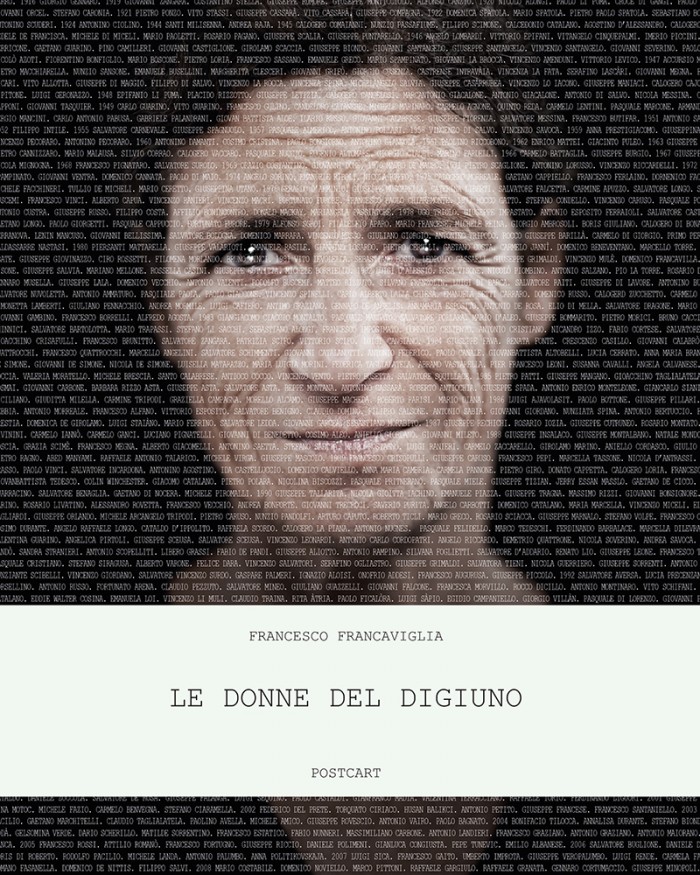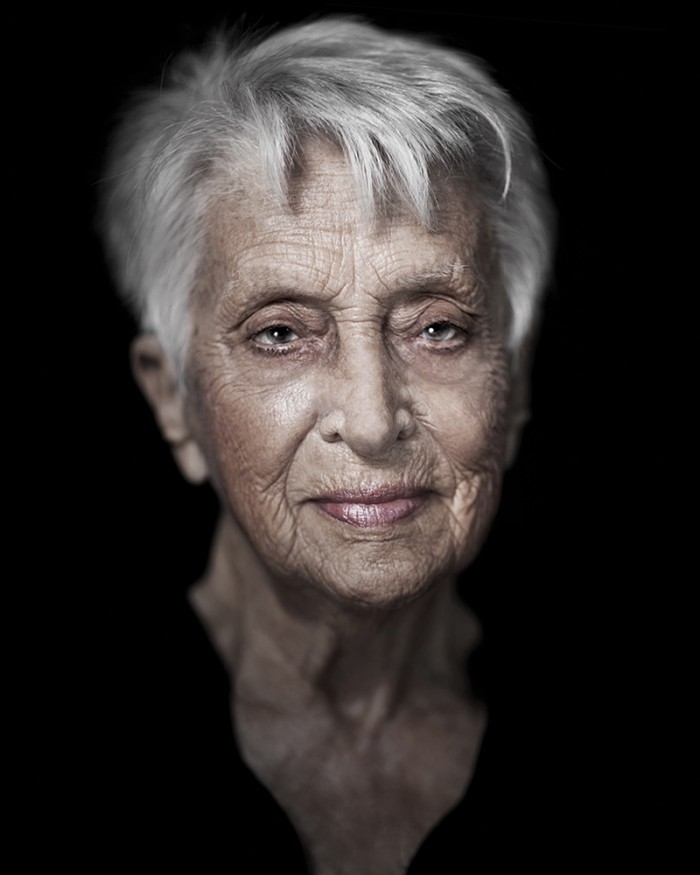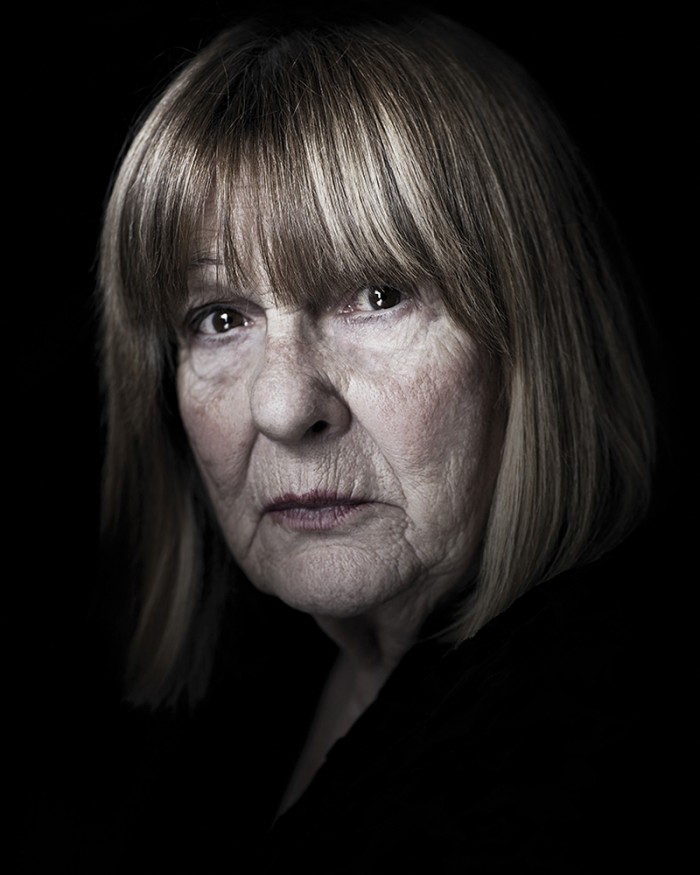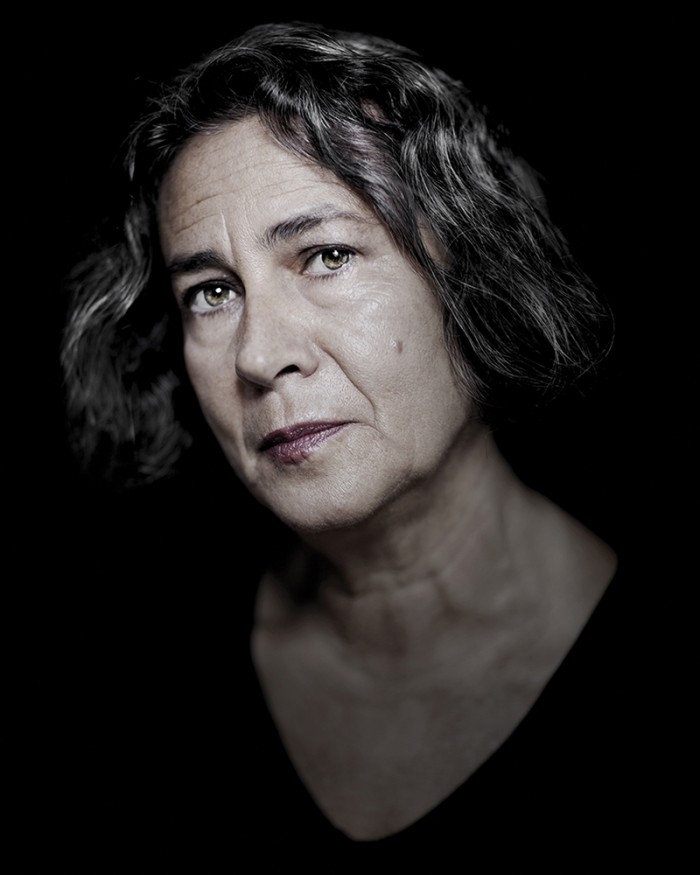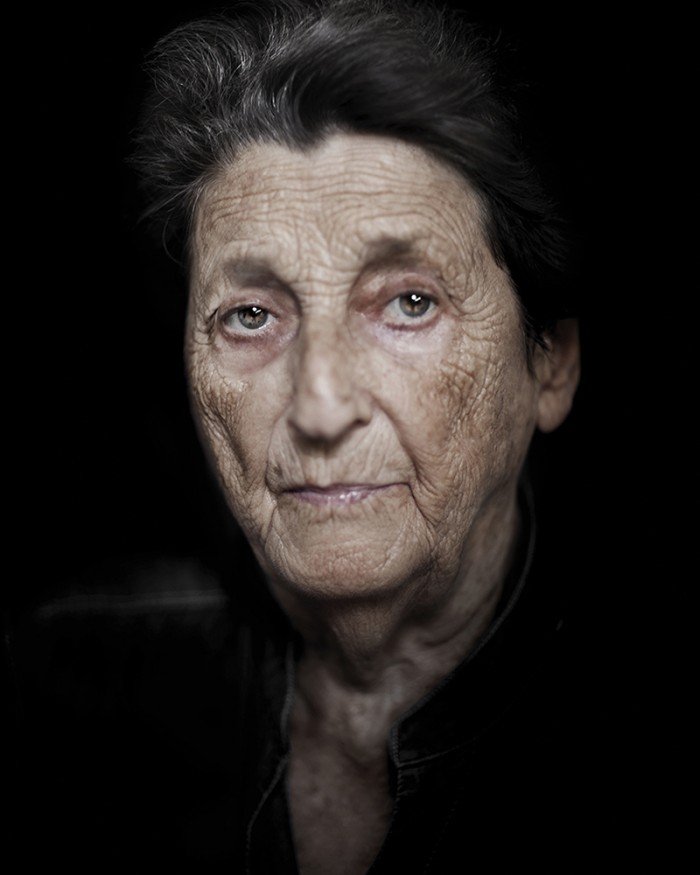The Fasting Women - against mafia
THE FASTING WOMEN - AGAINST MAFIA In the summer of 1992, following the carnage at Capaci that slew judge Giovanni Falcone, his wife Francesca Morvillo and his police officers, and the blast in Via D'Amelio in which judge Paolo Borsellino and his five bodyguards lost their lives, a group of women in Palermo (Sicily) felt the need to do something, to react in some way. Their highly symbolic action took the shape of a hunger strike in the main square of the city, an act which still comes across as courageous even today. Twenty-two years on, those women, some of whom were no more than girls at the time, have come together again in the work of Francesco Francaviglia. The work “The Fasting Women - against mafia" is the first photography solo exhibition hosted by the Uffizi Gallery in Florence and the winner of the Portfolio Italia Prize set up by FIAF as the best photographic work of 2014. The book, published in 2014 by Postcart, contains 112 pages with 31 portraits and includes essays and contributions (in Italian and English) from Pietro Grasso, Speaker of the Italian Senate; Leoluca Orlando, Mayor of Palermo; Franca Imbergamo, a magistrate with the National Anti-Mafia Prosecutor's Office; Antonio Natali, Director of the Uffizi Gallery; Letizia Battaglia, a photographer; Salvo Palazzolo, a journalist with La Repubblica; along with a number of testimonials from the women portrayed in the photographs and newspaper articles dated 1992. The format is 250x200 mm and on the hardcover, over the woman's face, are printed the names of all the mafia victims.
Over the past decade, musician, photographer, and lecturer Francesco Francaviglia, has developed a significant body of work centered on Mafia-related themes. His archive, recently acquired by the Italian Ministry of Culture, includes key pieces of Italian history, such as records of major Mafia trials and portraits of politicians, activists, victims, journalists, and magistrates. Additionally, Francaviglia has documented social and human rights issues, focusing on refugees, LGBTQIA+, and the plight of women migrating from North Africa, the Balkans, Kosovo, Albania,Iraq, Iran, and Ukraine.
